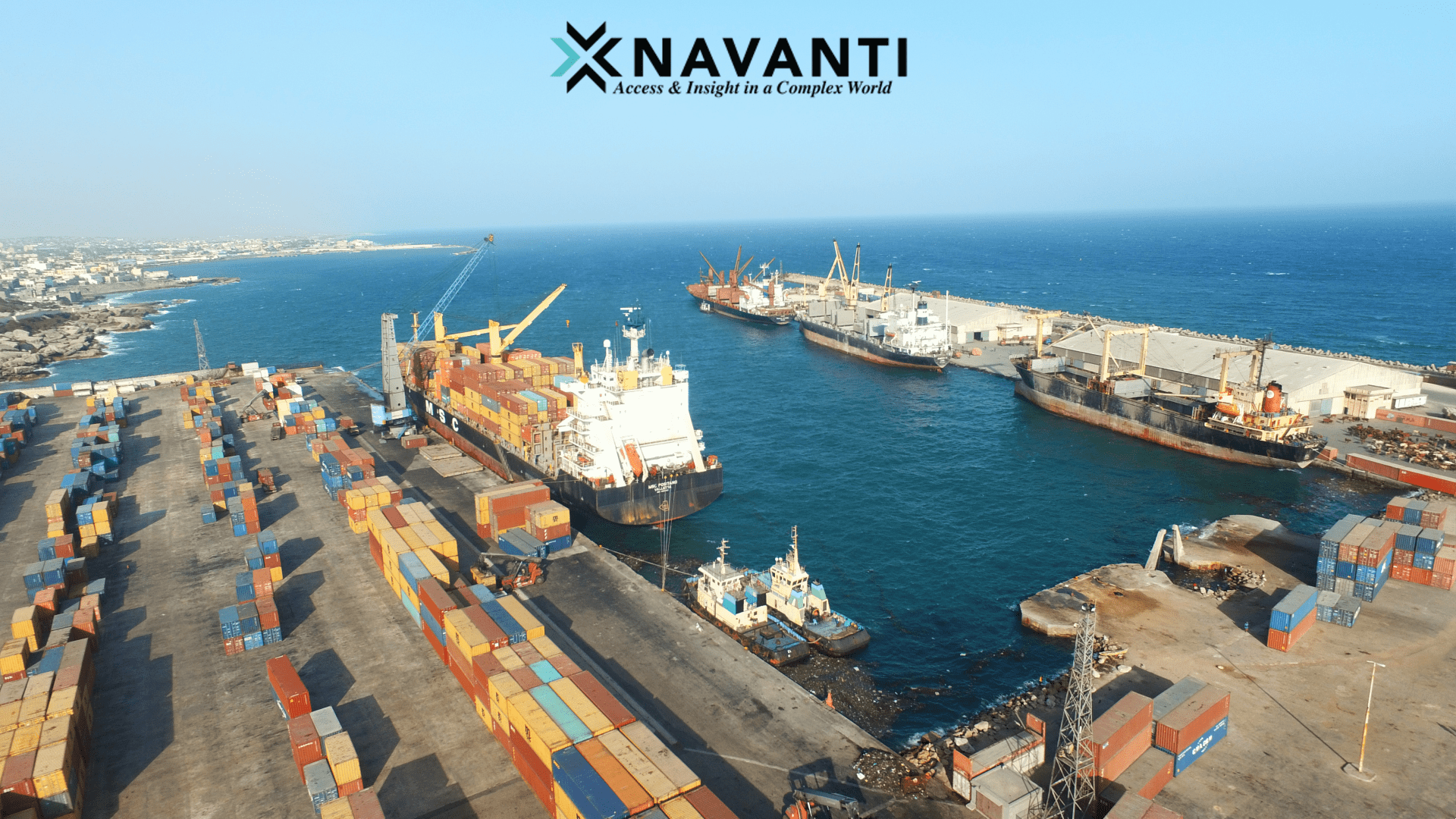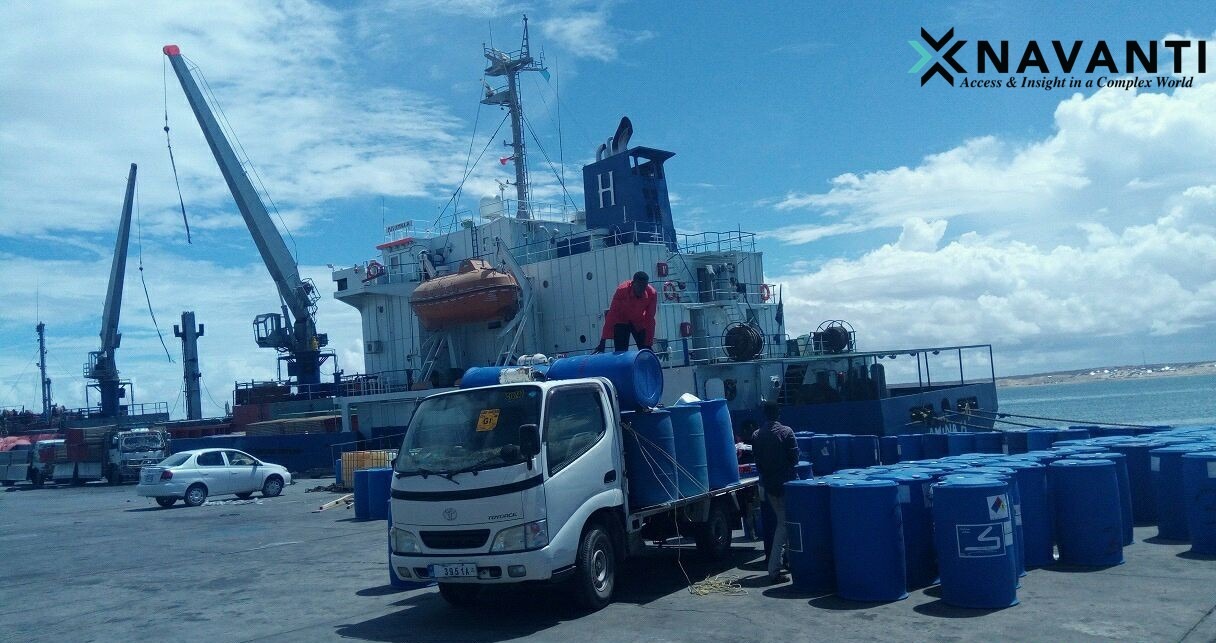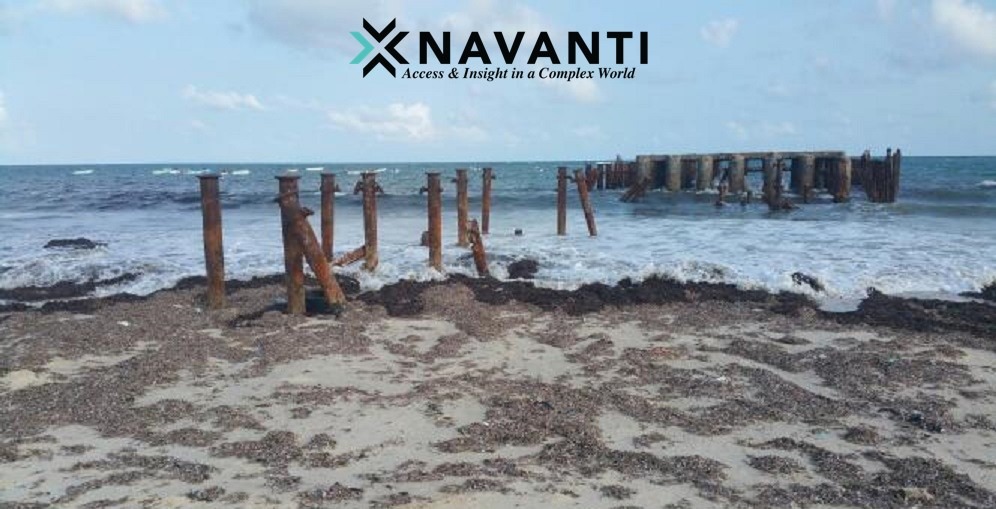Somalia-Egypt Alliance vs. Ethiopia-Somaliland: A Brewing Crisis?

On January 1, 2024, Somaliland President Muse Bihi Abdi and Ethiopian Prime Minister Abiy Ahmed attended the signing of a Memorandum of Understanding (MoU) in Addis Ababa. This agreement allows Ethiopia to use a Somaliland port, providing the landlocked nation access to the Gulf of Aden. This MoU has caused heightened tensions in the already volatile Horn of Africa, particularly due to Somaliland’s unrecognized claim of independence from Somalia since 1991. Ethiopia’s access to the port has sparked concerns over its potential to interfere with Somalia’s territorial integrity, with some Somali officials fearing the deal could exacerbate regional instability and empower insurgent groups like Al-Shabaab. The two parties remain divided on key details of the agreement, including the nature and location of the port facility. The MoU has also caused diplomatic ripples, as Somalia seeks international support to block the deal, while Ethiopia and Somaliland appear committed to moving forward.
Somaliland declared independence from Somalia in 1991, but no country has formally recognized its sovereignty. Despite this, Somaliland has maintained a relatively stable and democratic system of governance, distinguishing itself from the rest of Somalia. It has its own government, conducts elections, and manages foreign investment. However, its lack of international recognition limits its access to global markets and financial institutions, and it remains in a tense relationship with Somalia, which considers Somaliland part of its territory.

The Somaliland-Ethiopia MoU has reignited tensions between Egypt and Ethiopia, heightening fears of a potential conflict over Ethiopia’s Nile River dam. Egypt’s recent military actions in Somalia, including sending arms and planning to deploy 5,000-10,000 troops to fight al-Shabaab, have further strained relations. This shift challenges Ethiopia’s regional influence and has prompted warnings from Ethiopia about destabilization. Egypt, frustrated with stalled dam negotiations, expressed its readiness to defend its interests in a letter to the UN Security Council. Somalia’s rising anti-Ethiopian stance, driven by Ethiopia’s deal with Somaliland, has added to the growing tension. As both nations escalate their rhetoric, the African Union faces mounting pressure to prevent a potential war, with some experts suggesting that Egypt might resort to military measures if diplomacy fails.
In addition to Egypt’s military mobilization in Somalia, Turkey is preparing to deploy naval support to Somali waters following an agreement to explore for oil and gas off the Somali coast. President Tayyip Erdogan has submitted a motion to the Turkish parliament seeking approval for Turkish military deployment, including within Somalia’s territorial waters. This comes after Turkey’s energy ministry announced plans to send an exploration vessel later this year as part of a hydrocarbon cooperation deal. Turkey has been a key ally to Somalia, offering extensive aid, including building schools, hospitals, infrastructure, and providing scholarships for Somali students. In 2017, Turkey opened its largest overseas military base in Mogadishu and has since trained Somali military and police forces.

Somali President Hassan Sheikh Mohamud declared that Somalia would defend itself if Ethiopia moves forward with plans to establish a naval base in Somaliland, a region Somalia considers part of its territory. The Memorandum of Understanding (MoU) suggests Ethiopia will lease 20 km of Somaliland’s coastline, though there are conflicting reports on whether the port will serve commercial or naval purposes, with details still being finalized. Mohamud strongly opposed Ethiopia’s potential recognition of Somaliland as an independent state, which according to him would make it the first country to do so, warning that Somalia will resist any attempt to claim its land.
In reality, not only is Ethiopia moving toward recognizing Somaliland, but we are also seeing growing interest from other countries such as the UAE and Taiwan. Both nations are establishing strategic and economic ties with Somaliland, which has prompted further international attention. The UAE, in particular, has developed a significant presence in Somaliland through infrastructure investments, including the development of Berbera port, while Taiwan has formed a diplomatic partnership that aims to bolster trade and investment. These emerging alliances reflect the increasing importance of Somaliland on the global stage despite its lack of formal recognition.
A military alliance between Somalia and Egypt, coupled with a potential competing alliance between Ethiopia and Somaliland, is heightening tensions in the Horn of Africa. Simultaneously, the Red Sea is facing an escalating crisis, with Yemen’s Houthi rebels attacking ships along one of the world’s most critical maritime routes. While the United States and its allies have responded by targeting Houthi positions, instability in the region extends far beyond Yemen, threatening to destabilize the Horn of Africa. Political violence and fragmentation in nations such as Sudan and Somalia are fueling conflicts that risk empowering extremist groups and hostile powers. Mediation efforts by Djibouti, Turkey, the UAE, and the African Union have failed to ease the situation, with Somalia expelling the Ethiopian ambassador and closing two consulates. To prevent further chaos, a robust diplomatic initiative led by the U.S. is crucial to de-escalate tensions, reduce foreign interference, and address humanitarian crises. Without such intervention, regional instability could intensify, disrupting global trade through the Red Sea and empowering forces opposed to Western interests.

